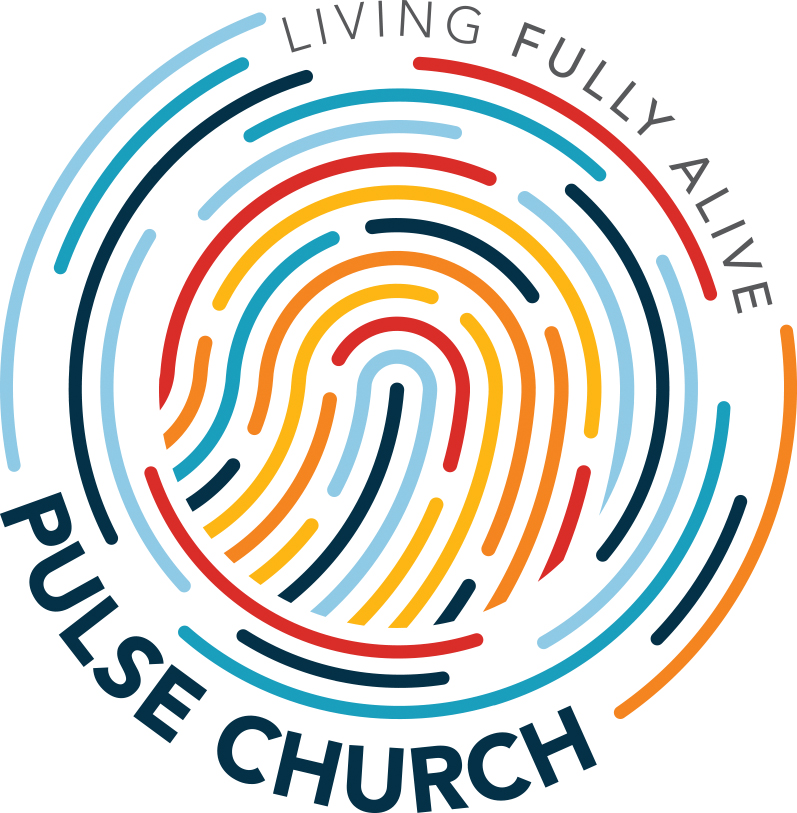The Bible is filled with many notorious murderers. For example, Cain killed his brother Abel (Gen 4:8), Doeg killed the Lord’s priests (1 Sam 22:18-19), and Herod killed John the Baptist (Matt 14:10-11). However, I want to draw your attention to another notorious murderer in the Bible. His name was “Barabbas.” Based on Roman custom, each year during the Passover Feast the Roman Governor would release a prisoner in order to appease the Jews. In AD 30 Pontius Pilate released Barabbas instead of Jesus Christ of Nazareth. God recorded this story, not once, but four times (Matt 27:15-26, Mark 15:6-15, Luke 23:18, John 18:40). Hence we should pay attention to what happened to him. His story is recorded in the Bible for our benefit. In this blog I’d like to show you how Barabbas mirrors our guilt before God and simultaneously magnifies the powerful grace of God towards sinners like you and me.
1. Barabbas represents our guilt before God
The Bible describes Barabbas as a murderer (Luke 23:18), a robber (John 18:40), and an insurrectionist (Mark 15:6). It’s obvious that Barabbas was not a good man, and that he deserved his condemnation. But let me ask you, “Are you a good person?” Most of us probably think we are (well compared to Barabbas), but the truth is we are not as good as we think we are. Although we may be ‘good’ in other people’s eyes, in God’s eyes we are murderers, thieves, rebels!
You may protest, “I’m not a murderer!” However, did Jesus not say that if we’ve been wrongfully angry with our brother, we have murdered him in God’s sight? (Matt 5:21-22). Or you may argue, “I’ve never led an armed insurrection against my government.” But the truth is we’ve all rebelled against the King of the universe. We’ve all sinned against His rightful rule as Creator over our lives (Rom 3:23).
We’ve all rebelled against the King of the universe. We’ve all sinned against His rightful rule as Creator over our lives.
When we objectively assess our morality in light of God’s standard of perfection (Matt 5:48), we are all guilty. If God were to judge us based on any of the Ten Commandments, we would stand condemned before the law just like Barabbas (Ex 20:1-10). Our ultimate sin is rejecting God himself. We were created to glorify Jesus for he is both Lord and God (Jn 20:28). However, instead of praising and thanking Him as Lord, we have worshipped idols (Rom 1:21-23). This is why we deserve God’s judgement (Rom 6:23).
2. Barabbas reminds us of the cost required for our redemption
Not only does Barabbas represent our guilt before God, but he also reminds us of the cost needed to redeem us. The name Barabbas comes from two Aramaic words –– Bar Abba. Bar means “son of,” and Abba means “father.” So, his name means “son of the father.” It is worth mentioning that his full name was probably “Jesus Barabbas!” There is a textual variant in Matthew 27:16-17. If the original reading is actually “Jesus Barabbas,” then we have a situation where Pilate presented two men with the same name to the crowd: Jesus Barabbas and Jesus Christ.
If the original reading is actually “Jesus Barabbas,” then we have a situation where Pilate presented two men with the same name to the crowd: Jesus Barabbas and Jesus Christ.
What is the spiritual significance of this? Scripture does not explicitly give us the answer, but I’d like to offer my opinion on what I think God wants us to see. According to Leviticus chapter 16, on the Day of Atonement the high priest would bring two male goats to the entrance of the tabernacle. One would be killed as a sin offering. The other would not be killed. Instead the high priest would place his hands on its head and confess all the sins of the people over it. Then, the “scapegoat” would be released into the wilderness as a visual reminder that God had forgiven his people (Lev 16:21-22).
With this practice in mind, consider this parallel between the two men standing before Pilate on the Day of Atonement. The first man, Jesus Christ, represented the “sin offering” (Rom 8:3) that was slain for the sins of the world. The second man, Jesus Barabbas, represented their removal of sins as far as the east is from the west (Psa 103:12). Hence, Barabbas reminds us of the scapegoat that was released to show sinners that God had accepted the payment for their redemption. In this case, only Jesus Christ, the true and perfect Son of God was qualified to die as the sacrificial lamb (John 1:29).
Jesus Barabbas should have died on the cross, but instead Jesus Christ died in his place. Friends don’t gloss over the implications of this fact for your life right now. Like Barabbas, we too deserved to pay for our own sin and experience eternal death separated from the presence of God. And yet, just as Jesus willingly stood in the gap for Barabbas, he also bridged the chasm between God and us. Jesus paid the debt that we owed God with his own blood, thereby demonstrating God’s love for us (Rom 5:8).
Jesus Barabbas should have died on the cross, but instead Jesus Christ died in his place. Like Barabbas, we too deserved to pay for our own sin and experience eternal death separated from the presence of God. And yet, just as Jesus willingly stood in the gap for Barabbas, he also bridged the chasm between God and us.
At the cross Jesus exchanged his life with ours. He died the death that we deserve so that we could be pardoned and set free from sin’s slavery over us. God took all the sin that we have committed and placed them on Jesus. So, instead of us having to die, He died as our substitute so that we can enjoy eternal life with God now and forevermore (John 3:16; John 17:3).
3. Barabbas’ release magnifies God’s grace
Barabbas not only represents us in these two ways, but his release from prison also magnifies the grace of God. I love how Martyn Lloyd-Jones defined grace, “[An] unmerited favor or kindness shown to one who is utterly undeserving… It is not merely a free gift, but a free gift to those who deserve the exact opposite...” Did Barabbas deserve to be pardoned and released from prison? No! He deserved to die, right? But God extended his unmerited favor towards this murderer when he least deserved it. Instead of death God granted Barabbas physical life. In the same way, God’s grace raises us from spiritual death and makes us spiritually alive together with Christ (Eph 2:7-9).
Instead of death God granted Barabbas physical life. In the same way, God’s grace raises us from spiritual death and makes us spiritually alive together with Christ.
What did Barabbas do to be pardoned? Absolutely nothing! He wasn’t pardoned because of his good behavior or promises to reform. If anything, he was pardoned because of how notoriously evil he was! (Cole). He couldn’t brag after he got out of prison about how he deserved to be pardoned. In the same way, God justifies the ungodly not through their good works, but by grace alone through faith alone (Rom 4:4-5).
At Pulse church we have tried to paraphrase the goods news of Jesus Christ as follows: Gods Extravagant Grace towards undeserving sinners which cost Jesus everything. And on the third day, God raised His Son from the dead to show that He had indeed conquered sin, death, and the devil (Col 2:13-15).
Seeing the Barabbas in all of us
Before we can truly understand why good Friday is ‘good,’ we must realize that we are rebels like Barabbas was. From birth we are born dead in our sins (Eph 2:1) and bound to the slavery of sin (John 8:34). Society may tell us that we are free, but that is not true. We are imprisoned under the authority of the law and sin. We stand condemned to die just as Barabbas stood condemned to die. But the good news is that God paid our ransom price with the blood of His own Son, Jesus Christ.
Responding to God’s extravagant grace
Perhaps today for the first time you have understood that salvation is not owing to how religious a person is, but to whether or not they have responded in faith to the extravagant grace of God found in Jesus Christ. From Barabbas’ own story take heart that God specializes in saving the worst of sinners. If you recognize that you are such a sinner today in need of forgiveness for your sins, then why not respond to God’s call right now?
Like Barabbas, he offers this forgiveness to you freely as a gift. The price for your sins has already been paid. The work Jesus came to do is finished! (Matt 19:30). All that is left for you to do is to repent and believe in Jesus for the forgiveness of your sins (Acts 2:38). When we trust in Christ alone by faith alone, then God freely justifies us by His grace (Rom 5:1). In other words, God takes our clothes of condemnation and clothes us with the righteousness of Jesus (Rom 8:1).
Please come visit us this easter weekend
This is why good Friday is truly good for sinners like you and me. If you are interested in learning more about Jesus, please consider visiting us this easter weekend. We will be meeting this Friday and Sunday @ 9:30am at Northwest Christian School (83 Duke of York Dr, Northcliff, Randburg). Please feel free to contact our pastor, Matthew Thomas, on 081 013 7705.



